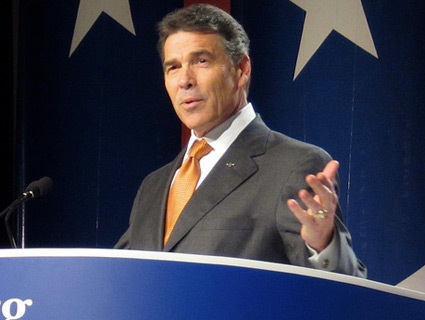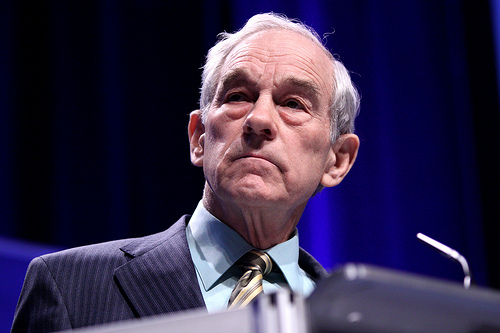Last week, I explained how environmental officials under Texas Gov. Rick Perry edited a sea level rise study to remove references to climate change. The author of the report elected to have his paper left out of the multichapter volume on the state of Galveston Bay rather than publish something scientifically inaccurate. Now the Guardian reports that all of the scientists involved in the report are distancing themselves from the project in protest of the Perry administration’s censorship:
By academic standards, the protest amounts to the beginnings of a rebellion: every single scientist associated with the 200-page report has demanded their names be struck from the document. “None of us can be party to scientific censorship so we would all have our names removed,” said Jim Lester, a co-author of the report and vice-president of the Houston Advanced Research Centre.
“To me it is simply a question of maintaining scientific credibility. This is simply antithetical to what a scientist does,” Lester said. “We can’t be censored.” Scientists see Texas as at high risk because of climate change, from the increased exposure to hurricanes and extreme weather on its long coastline to this summer’s season of wildfires and drought.
No wonder Perry has such a hard time naming a scientist that he likes.















